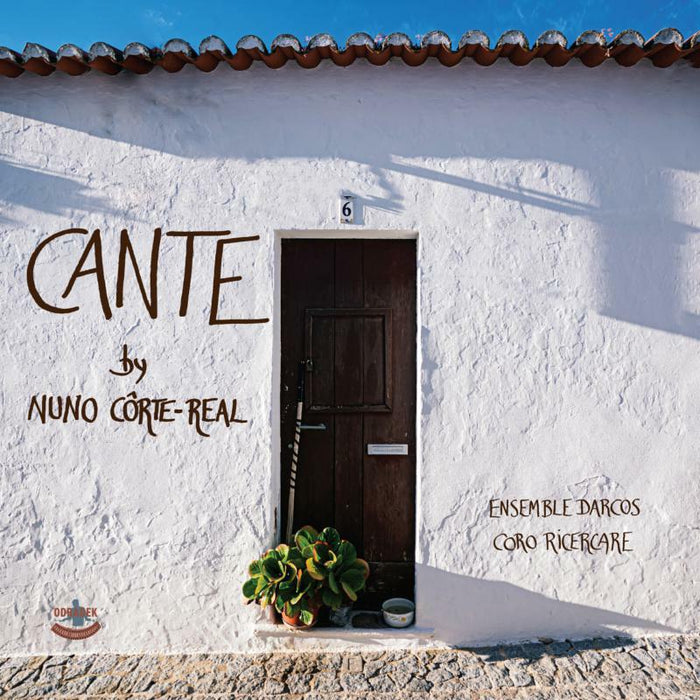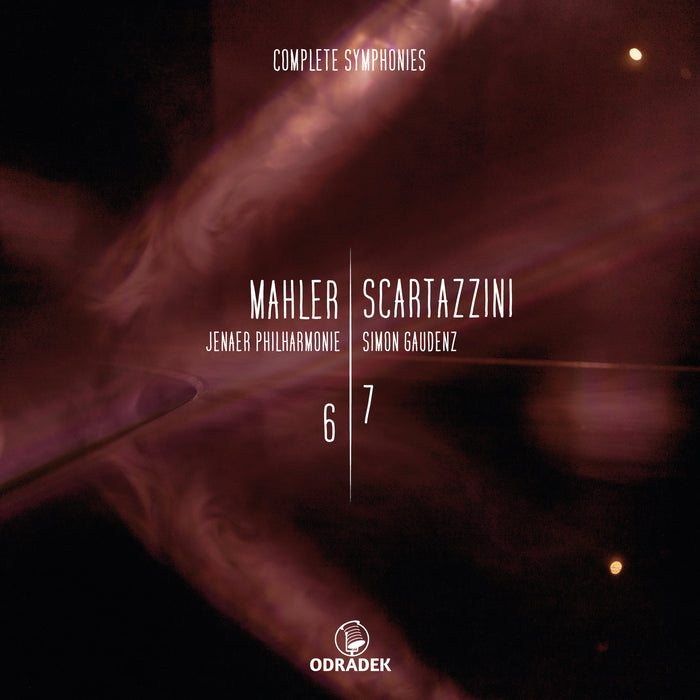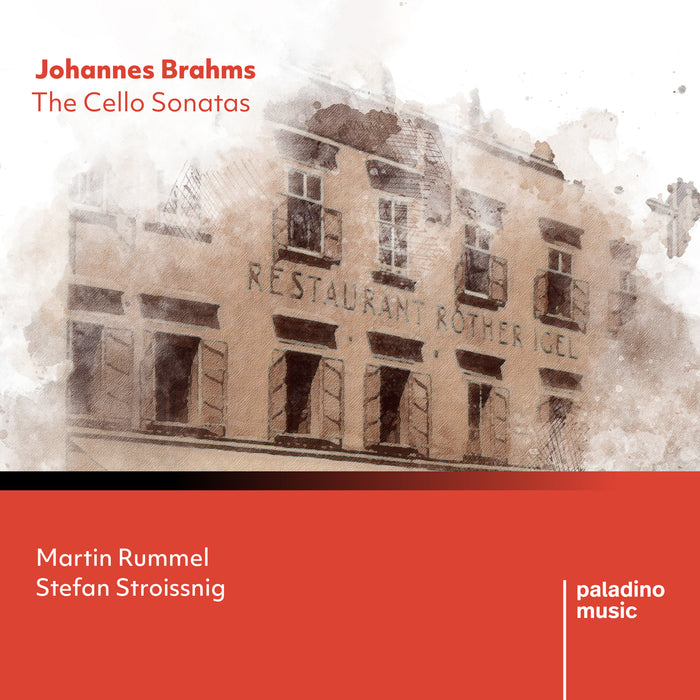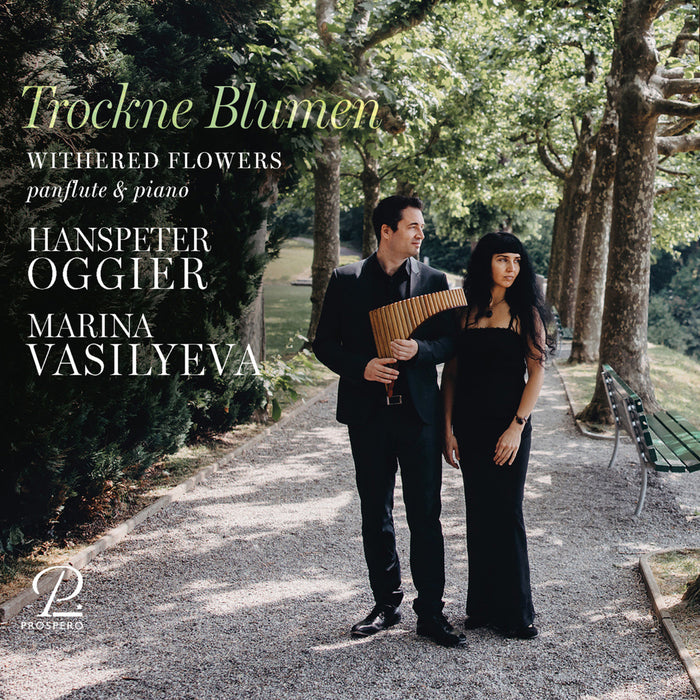Description
Violinist Franziska Pietsch and pianist Maki Hayashida offer deeply personal readings of Bela Bartok's magnificent Sonatas for violin and piano, and his irresistible 'Romanian Folk Dances'.
Franziska Pietsch, recent winner of an ICMA (International Classical Musical Award) in the Chamber Music category, has long been drawn to Bartok's music, fascinated by its elusive nature – a sometimes austere surface concealing explosive forces within. She describes his music as "full of passion, energy, power, a furious rhythm, sublime melodies, ardour, forlornness and melancholy", and brings each of these attributes to the fore in different sections of the two Violin Sonatas.
Bartok was in many ways an outsider for much of his life, and this is something Franzisca Pietsch understands from her experiences growing up in East Germany, where she was at first promoted as a violin prodigy before being abruptly dropped by her mentors after her father defected to the West. Pietsch was able to flourish following the family's move to West Germany, and later studied at The Juilliard School. She is joined for this recording by regular performance partner, Maki Hayashida, with whom she enjoys an exceptional rapport.
Bartok's First Violin Sonata, dating from 1921, demonstrates the composer's radical approach to an established form, almost divorcing the instruments from one another in a way that allows them to offer their outpourings separately, sometimes aware of one another but at other times fiercely independent. The slow movement is more introspective, and the influence of folk music – which Bartok collected and recorded in his vast contribution to ethnomusicology – is explicit in the strumming, whirling finale.
The Violin Sonata No. 2 (1922) is in two seamless movements, and as with the First Sonata, both parts are fiendishly demanding; Bartok wrote to his agent in 1924: "The violin part of the two violin sonatas… is extraordinarily difficult, and it is only a violinist of the top class who has any chance of learning them". Bartok's infectiously colourful 'Romanian Folk Dances' date from slightly earlier in his career: 1915. The pieces were arranged for violin and piano by Hungarian violinist-composer Zoltan Szekely, a great friend of the composer's who also commissioned his Second Violin Concerto.
"Pietsch and Hayashida are uncompromising in their approach to the pair of sonatas. The works' jagged edges and silken curves expertly navigated, while the shorter folk dances afford the listener several moment of unmitigated pleasure." - BBC Music Magazine, 4 Stars
"Every track is golden."
"Poetry and clarity, beauty of tone and phrasing reign supreme, whatever the demands of the moment. Production values are superlative… "Glorious" – International Piano












